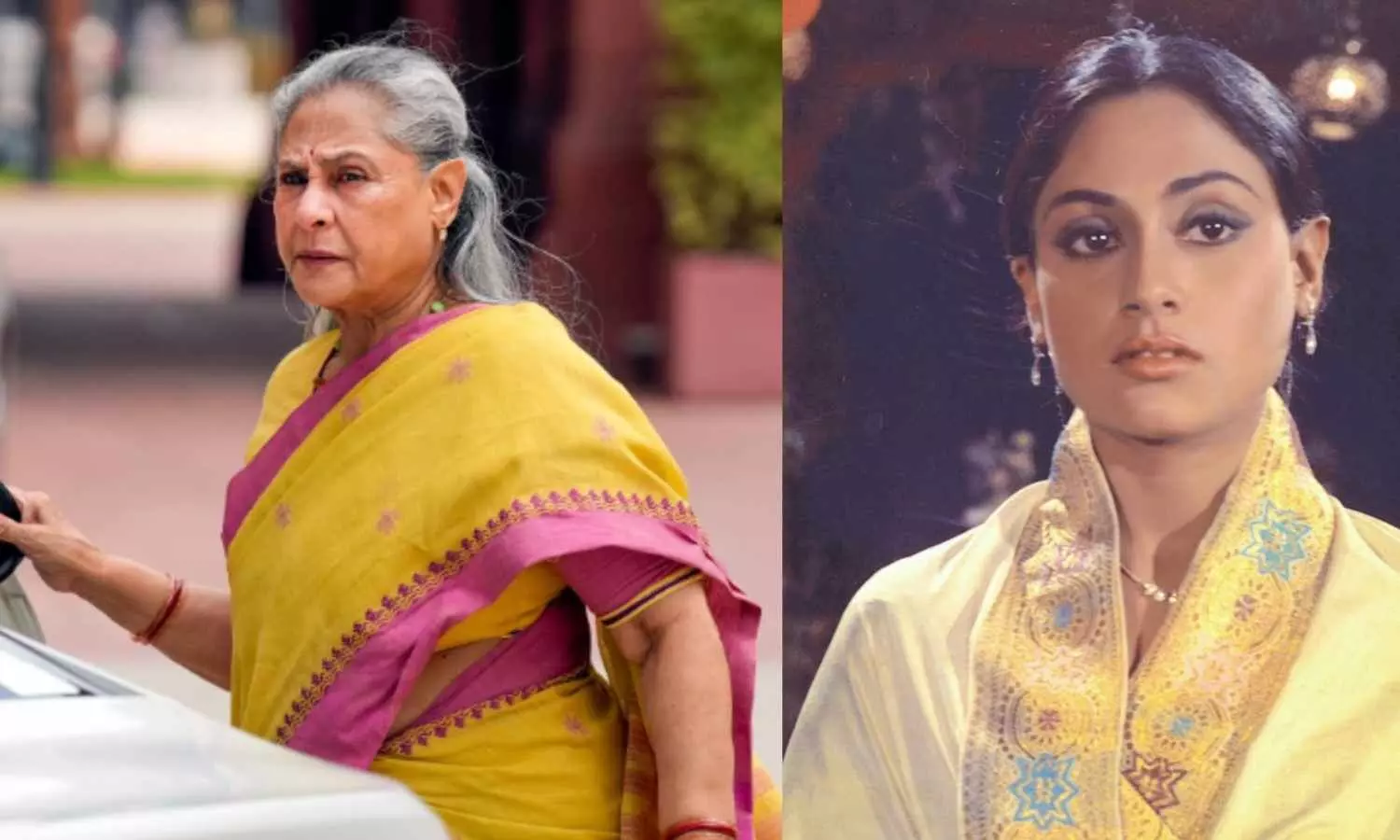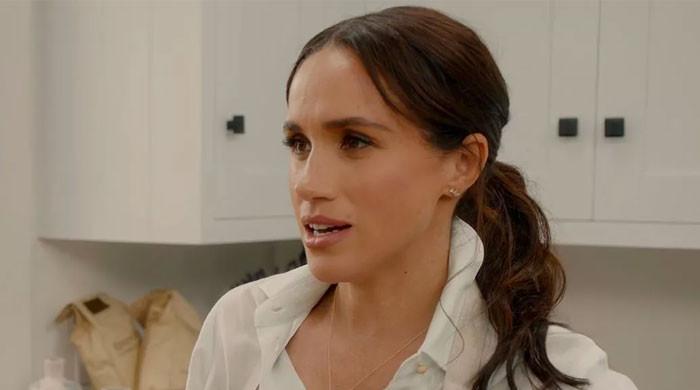Jaya Bachchan: From Silver Screen Stardom to Political ProminenceJaya Bachchan's story is a fascinating story of transformation from a renowned actress who revolutionized her natural performance for Bollywood to one of the most powerful women politicians from Bollywood who champion social issues within the Indian Rajya Sabha. The actress was born Jaya Bhaduri on April 9 1948 located in Jabalpur, Madhya Pradesh, she gained fame during the 70s, as one of Indian films' most gifted leading females. As an elected five-term member of parliament (MP) of the Samajwadi Party, she commands admiration for her legislative work and a flamboyant personality.
Early Life and Bollywood Beginnings Jaya's entrance into the cinema world was accidental but profound. Born into the same Bengali family, and with her dad Tarun Kumar Bhaduri, who was a well-known poet and journalist, She developed an early fascination with the arts. When she was 15, she made her debut on screen in Satyajit Ray's Bengali film Mahanagar (1963) that was a subdued but effective depiction of the urban lifestyle.

Jaya Bachchan's iconic films performances were hit but it was her studies in the Film and Television Institute of India (FTII) in Pune, where she was awarded the gold medal that helped refine her skills. The foundation she was taught helped her stand out in a field that was dominated by glamour. She made her Bollywood breakthrough in Hrishikesh Mukherjee's Guddi (1971) in which she played a schoolgirl who was obsessed with movies.
The character demonstrated her ability to portray real-life characters that are relatable to everyone which earned her wide acclaim. Films such as Uphaar (1971), Koshish (1972), and Kora Kagaz (1974) followed, establishing her status as an actress who was versatile. Her distinctive style stood out against the melodramatic and sexy norms of the time which made her an absolute breath of fresh air.
In 1973, in which Jaya Bachchan and Amitabh Bachchan influenced Zanjeer, she was a household name and their chemistry on screen was soon an actual relationship, which culminated in their wedding that year. Jaya Bachchan Achievements in Cinema and Politics and a Shift in Focus The 1970s were Jaya's best years in Bollywood. She appeared in iconic films with Amitabh and Amitabh, such as Abhimaan (1973), Chupke Chupke (1975) as well as Sholay (1975) in which her performance as the young widow made an imprint on the film.
Her awards grew: eight Filmfare Awards, including three for Best Actress. Then, in 1992, she was awarded the Padma Shri, India's fourth-highest civilian award. Her work was praised for supporting roles in films such as Fiza (2000), Kabhi Khushi Kabhie Gham (2001) as well as Kal Ho Naa Ho (2003).
Her most recent performance as a character in The Rocky Aur Rani Ki Prem Kahani (2023) brought her a 4th Filmfare Best Supporting Actress nomination and proved her talent to last even at age 75. Transition to Politics: Jaya Bachchan Political Career Jaya's first foray into politics started in 2004 when one of the best Bollywood actresses turned politician in 2004 the Samajwadi Party, a socialist-leaning group that has strong ties to Uttar Pradesh. Jaya Bachchan Rajya Sabha tenure that year; she brought her fame and sharp wit to the highest house in India's parliament.
Its political experience, which is currently five years (2004-present), is noteworthy for its long-lasting and active. Contrary to the majority of film stars who only dabble in political affairs in an uninvolved way, Jaya has been an active and engaged member of parliament and has an attendance level of 82 percent during her final term, which was higher than the average for the nation according to PRS Legislative Research. Jaya Bachchan contributions in politics to parliament reflect the amalgamation with her film roots with social issues.
She has been a part of 292 debates, and also asked 451 questions ranging including environmental policy and labor rights. In 2025, in a Rajya Sabha debate on the Union Budget, she accused the government of ignoring the film industry and demanded support for single-screen cinemas, a position which is in line with her Bollywood heritage. The public stance, however, has led to controversy, including her comments in 2008 in the Drona launch that drew criticism from Maharashtra officials and her heated conversations between her and Rajya Sabha Chairman Jagdeep Dhankhar in 2024 regarding procedural tone.
A Legacy of ResilienceJaya Bachchan's journey is defined by the strength and authenticity she displays. In Bollywood she broke out of the norms by delivering a slick performance and earned her a spot on the Outlook India's "75 Best Bollywood Actresses" list in 2022. In politics, she's made use of her fame to tackle national issues, even though some say that her fame and popularity is overshadowing the legislative impact.
Jaya Bachchan leadership in governance inspires across domains. For actors who are aspiring they can look up to her as a model of natural talent, and for politicians, she's a reminder of her conviction's power. In her ongoing efforts to balance her film work with her parliamentary duties, Jaya Bachchan exemplifies how one can transform from an actress to a well-known public figure, without forgetting their roots.
.
Entertainment

Jaya Bachchan: From Silver Screen Stardom to Political Prominence

Learn about the remarkable evolution of Jaya Bachchan journey from Bollywood to politics. Explore her filmic milestones as well as her political accomplishments and an enduring legacy on this blog.














